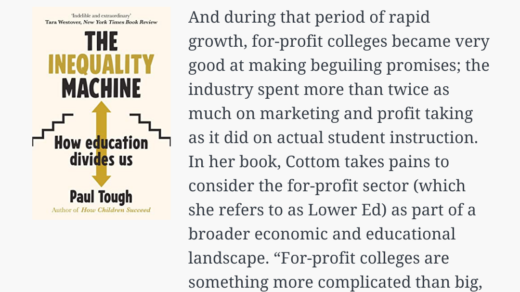Mao Zedong, a charismatic visionary, brilliant strategist, and shrewd but devious political manipulator, led the Communists to victory in the civil war and in 1949 unified the nation and eliminated most of the foreign-held territories. The military forces he had accumulated during the civil war were sufficiently strong that with the Communist Party’s organizational discipline and propaganda, he was able to establish in the early 1950s a structure that penetrated far more deeply into the countryside and into urban society than had the imperial system. He built up a unified national governing structure led by the Communist Party and, with Soviet help, began to introduce modern industry. By 1956, with both peace and stability at hand, Mao might have brought wealth and power to China. But instead he plunged the country into an ill-advised utopian debacle that led to massive food shortages and millions of unnatural deaths. In his twenty-seven years of rule, Mao destroyed not only capitalists and landlords, but also intellectuals and many senior officials who had served under him. By the time he died in 1976, the country was in chaos and still mired in poverty. When Deng ascended to power in 1978, he had many advantages that his predecessors lacked. In the mid-nineteenth century, few people had understood how deeply the new technology and developments along the coast were challenging the Chinese system. In the last years of the empire, the reformers had little idea of the institutional developments required to implement progressive new ideas. At the time of Yuan Shikai and Sun Yat-sen, there was no unified army and no governmental structure capable of uniting contenders for power. And after coming to power, Mao, who had no foreign experience, could not receive help from the West due to the Cold War. By the time Deng came to power, Mao had already unified the country, built a strong ruling structure, and introduced modern industry—advantages that Deng could build on. Many high officials realized that Mao’s system of mass mobilization was not working, that China was lagging far behind the foreign countries in science and technology, and that it needed to learn from the West. More fundamental change was called for, and Deng could rely on help from disgraced former senior officials who had been removed from power but not eliminated. These returning revolutionaries stood ready to unite under the leadership of Deng and the Communist Party, providing a ready resource of skills and energy, a useful transition to a new generation better trained in modern science, technology, and administration.
I have always been fascinated by the story of Deng Xiaoping and his role as the leader of China and how he steered the country towards its economic growth and be the success story it is today. So I decided to pick this book up a couple years ago. One of the things that stood out to me, was about timing.
Sometimes, things need to fall into place, and Deng enjoyed certain circumstances that enabled him to succeed. In a time where power might not have been consolidated, or if certain other key and capable individuals were not available to lead the country with him, then we might not be reading a book about him today and his pivotal role in transforming China.



